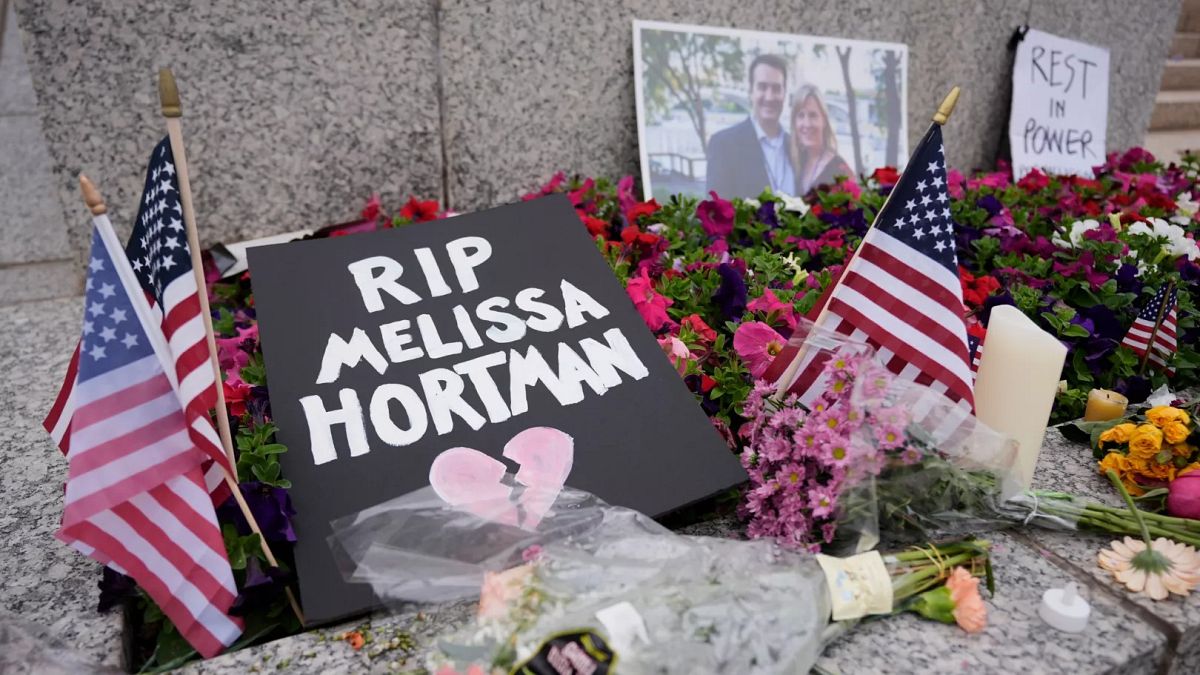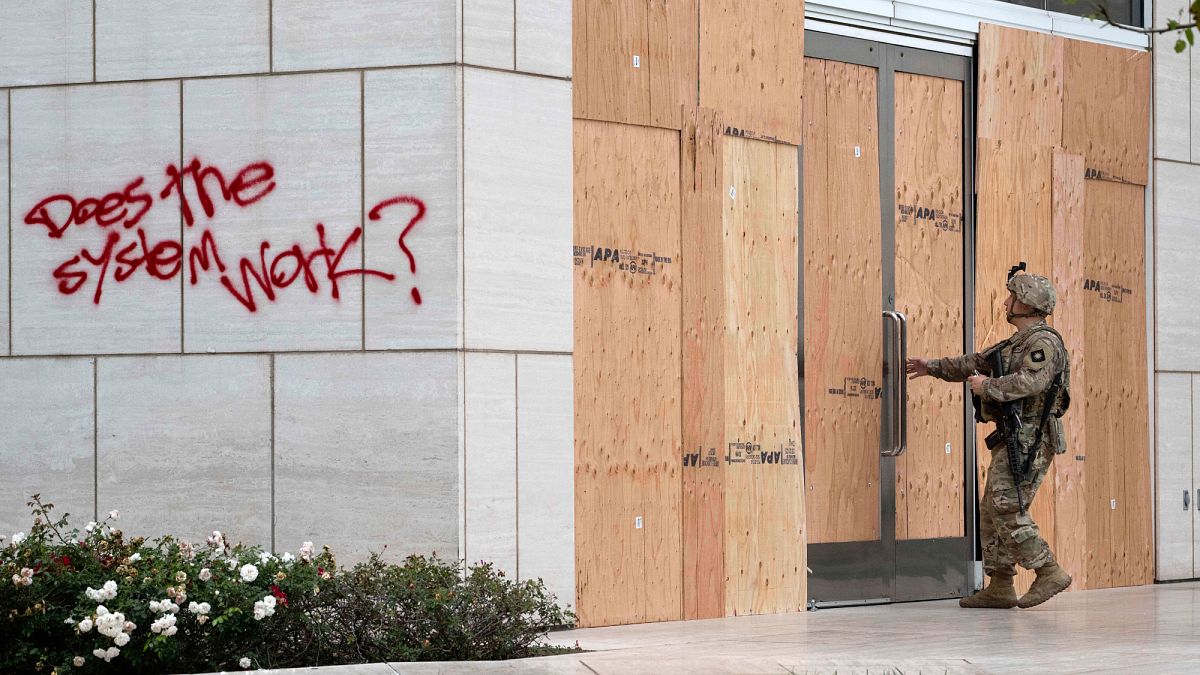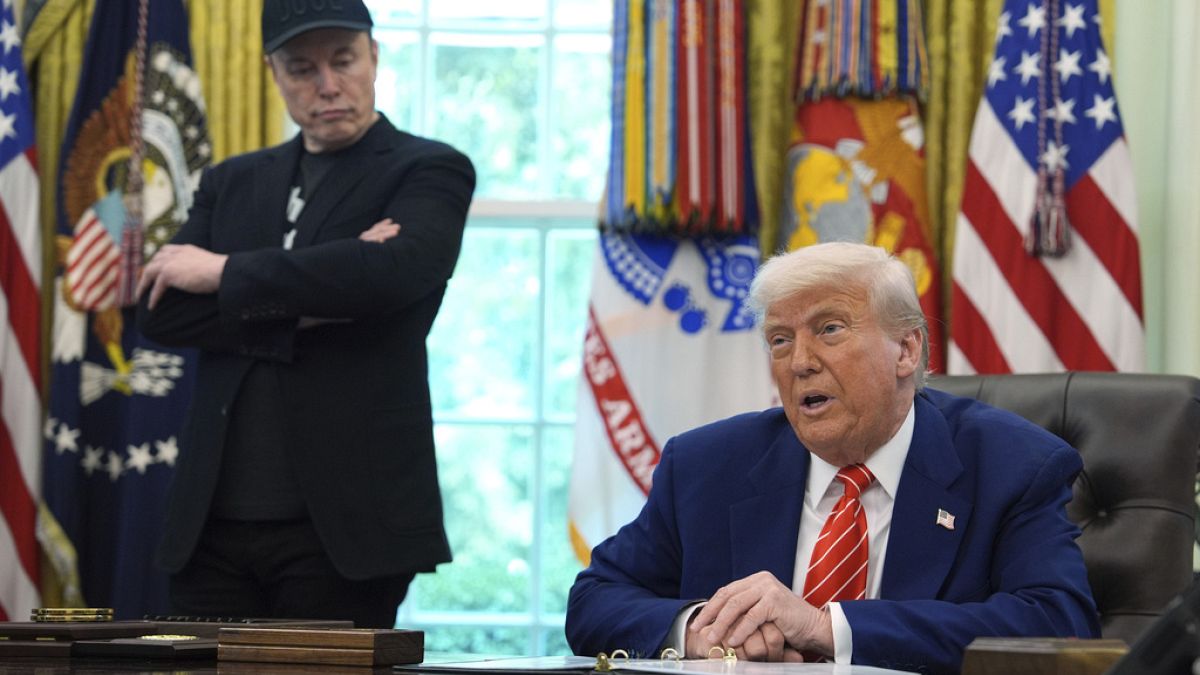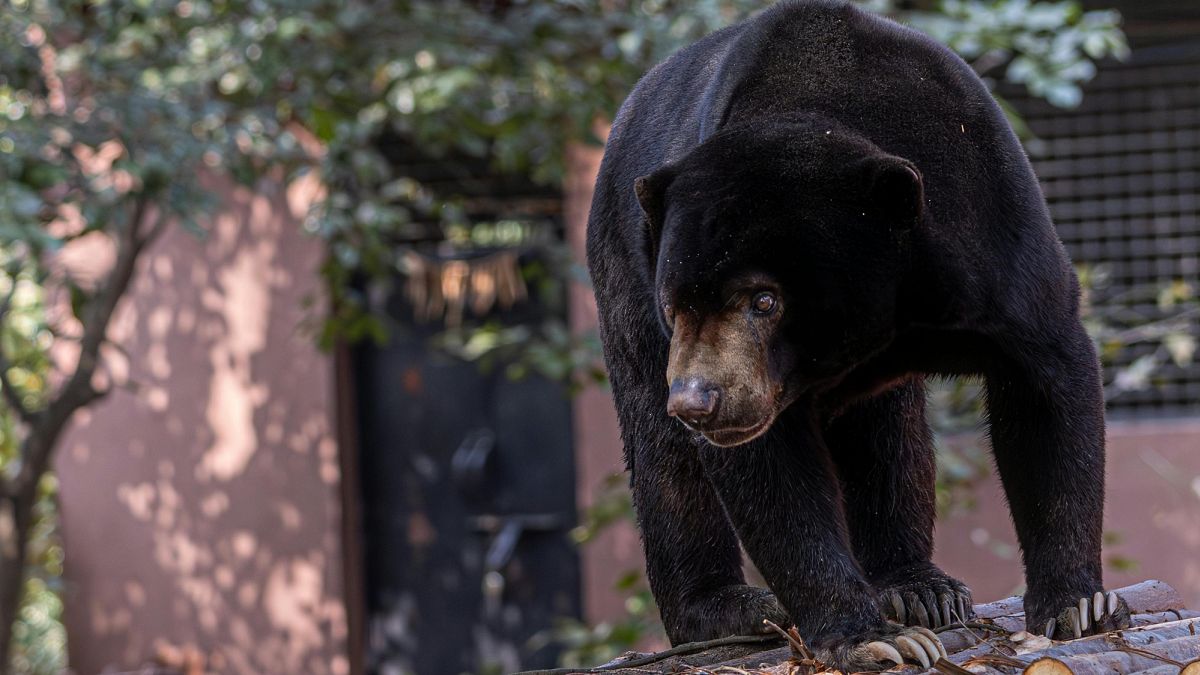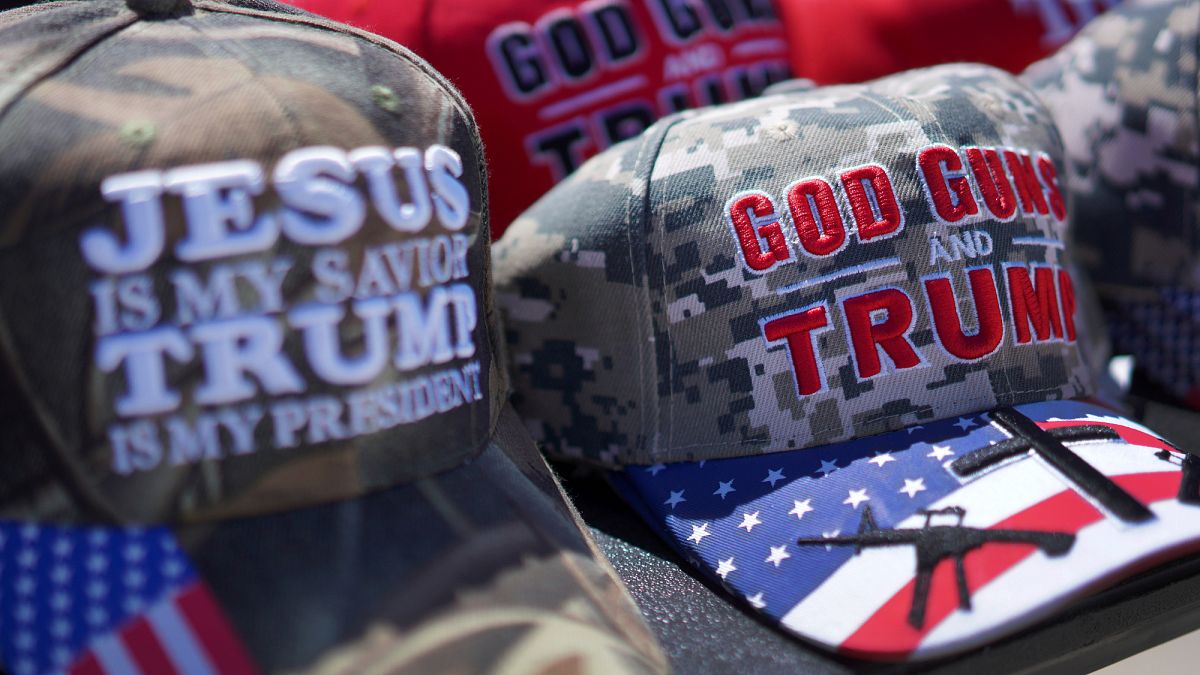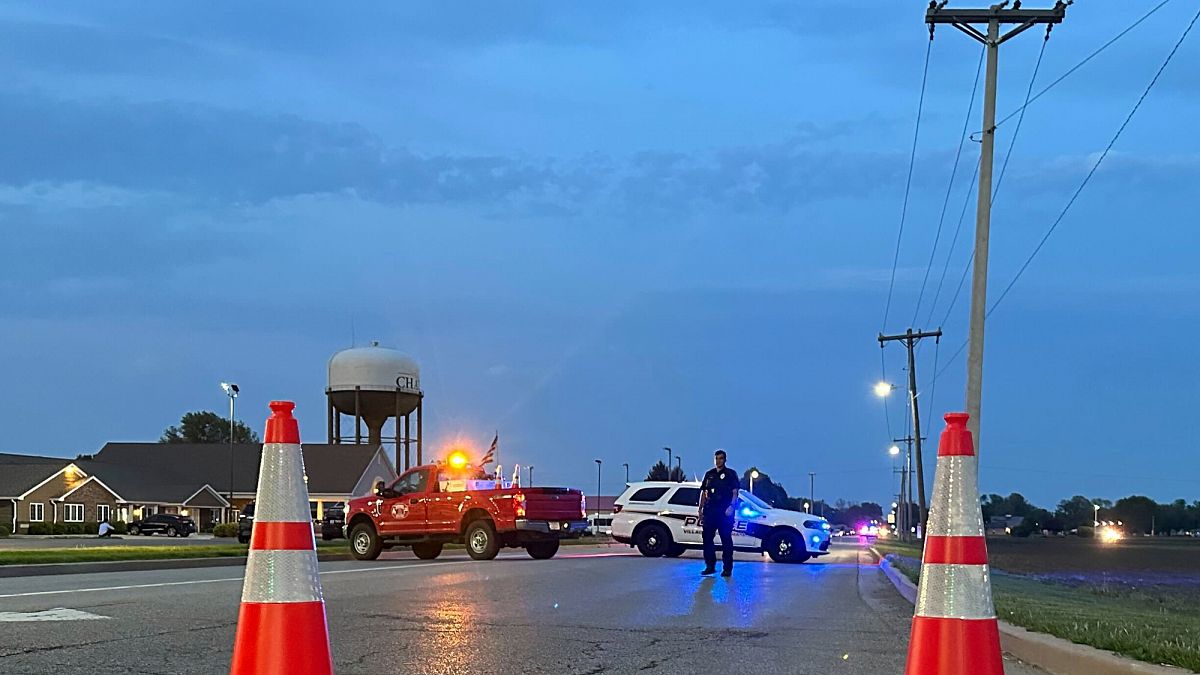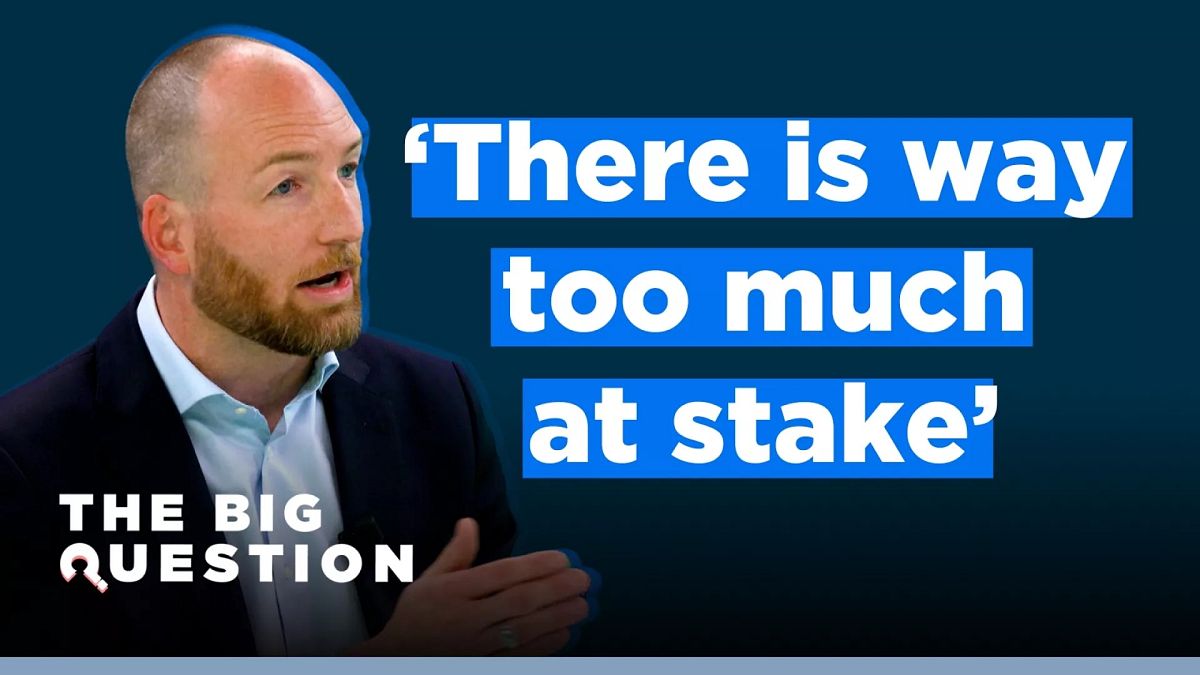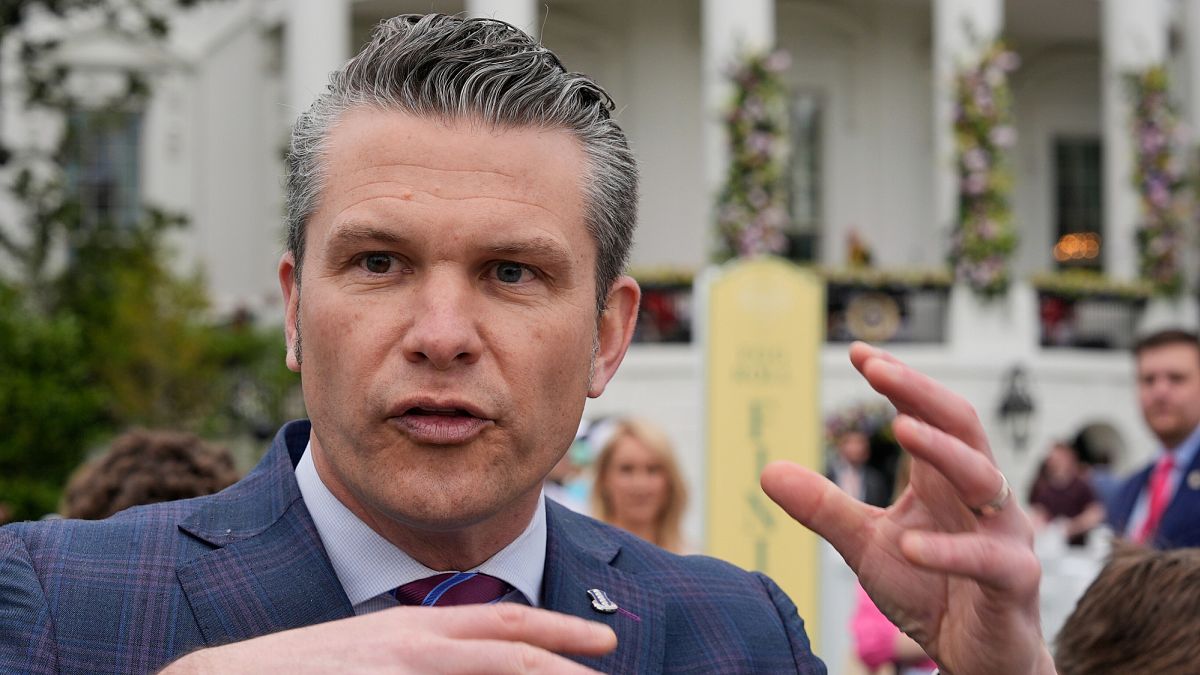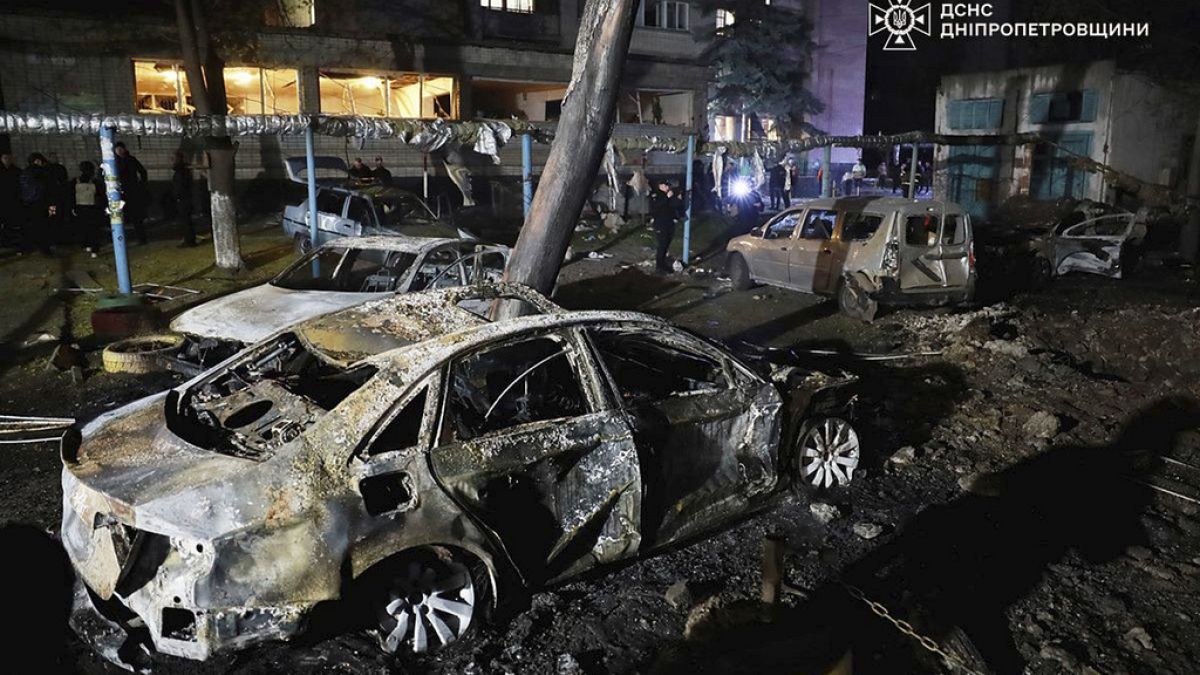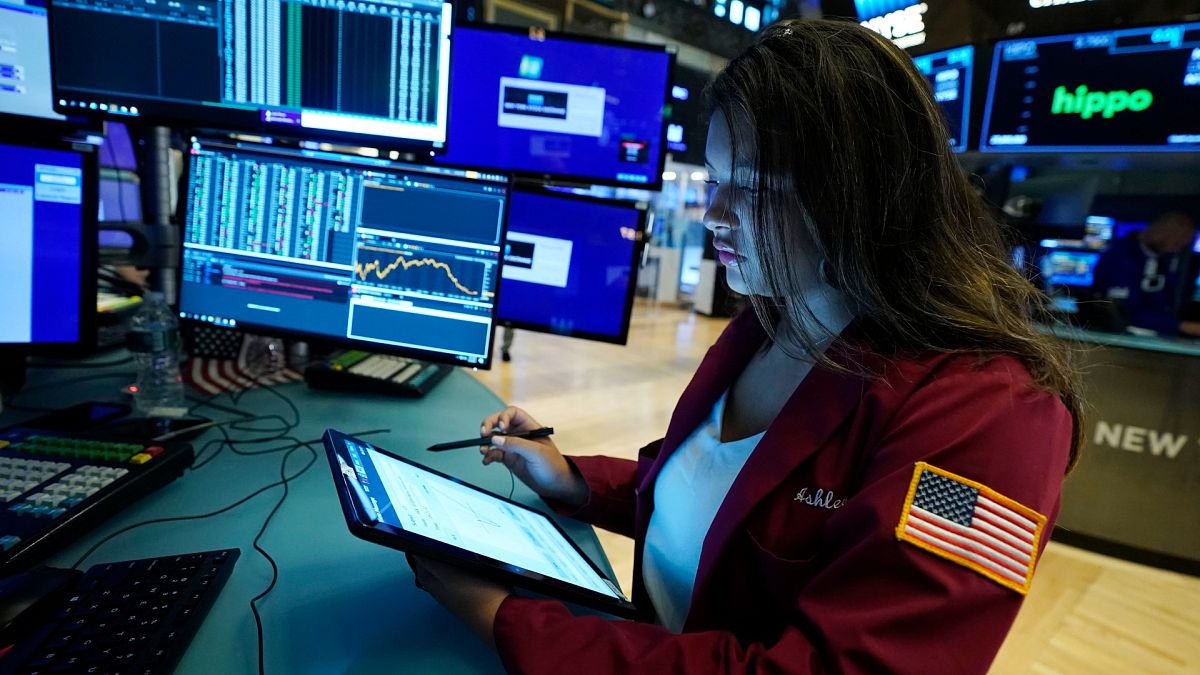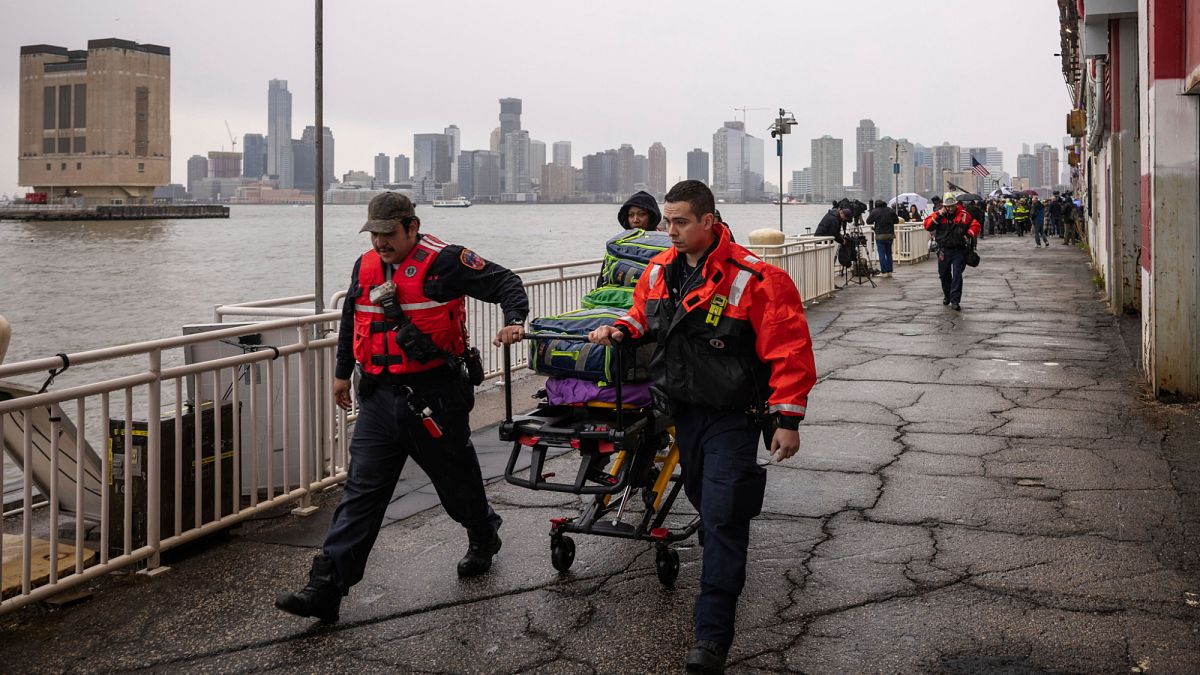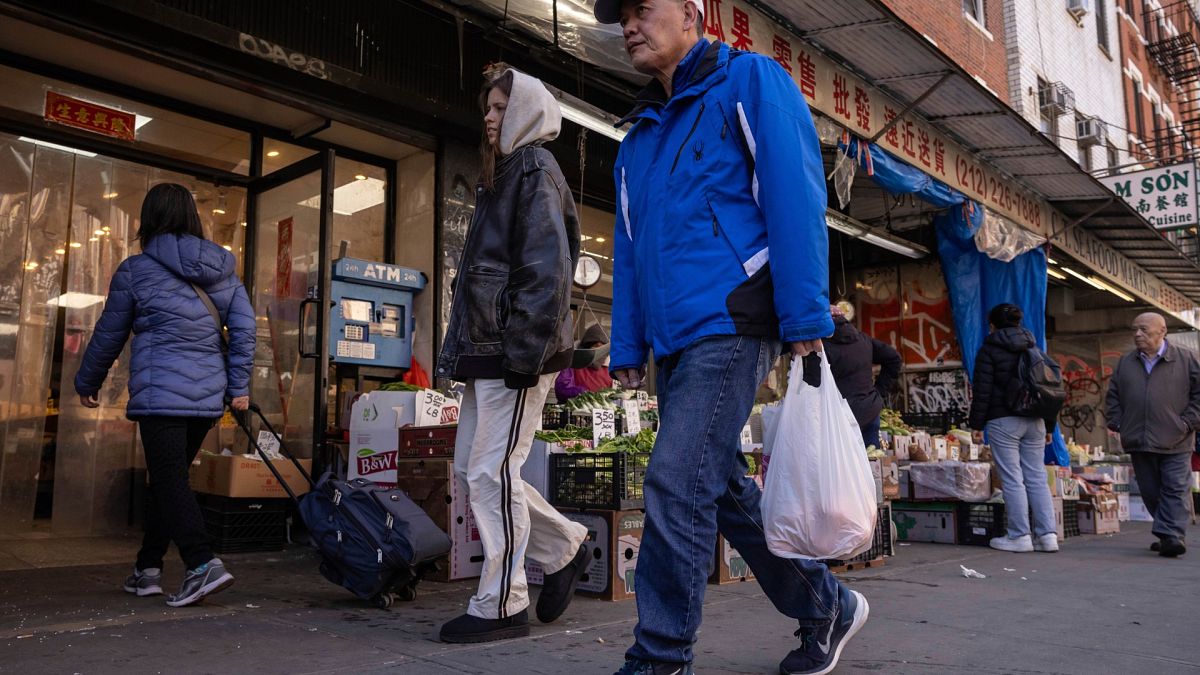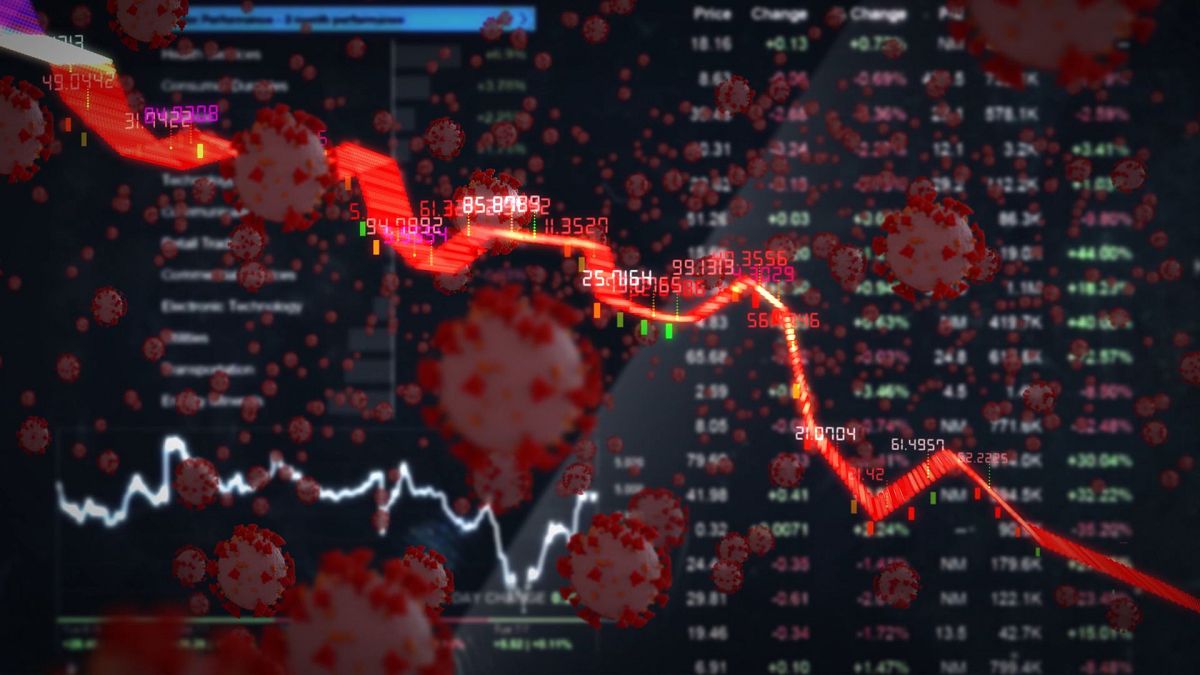Why do video game performers want to join the actors strike?
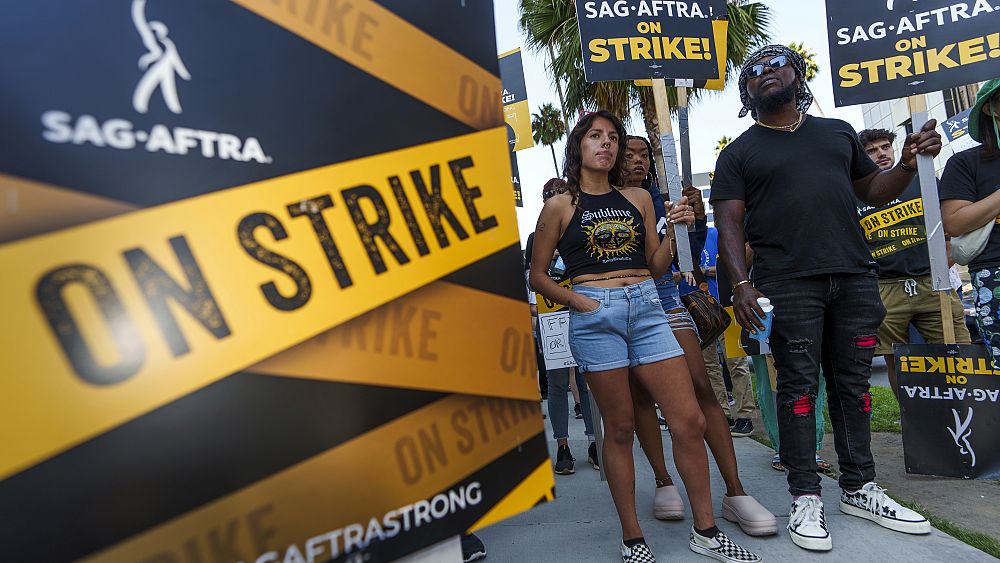
SAG-AFTRA actors vote to extend their strike to the video game industry if negotiations stall.
Writers in Hollywood may be going back to work after their nearly 5-month strike ended in a deal, but the actors’ strike is still going strong.
SAG-AFTRA members have been on strike since July, and this week the actors’ union voted to potentially expand their walkout to video games, on top of motion pictures and television.
SAG-AFTRA announced late on Monday that 98 percent of its members voted to go on strike against video game companies if ongoing negotiations are not successful.
“It’s time for the video game companies to stop playing games and get serious about reaching an agreement on this contract,” SAG-AFTRA President Fran Drescher said in a statement.
“The result of this vote shows our membership understands the existential nature of these negotiations, and that the time is now for these companies – which are making billions of dollars and paying their CEOs lavishly – to give our performers an agreement that keeps performing in video games as a viable career.”
There are a lot of the same issues at stake – actors are calling for higher wages, which they say haven’t been adjusted for inflation, and they also want protections for their voice and likeness against the use of artificial intelligence.
Performers in Hollywood provide a number of services to the video game industry, from voices for characters to stunts for action-packed games and motion capture work.
In recent years, an increasing number of A-list stars have been involved in video game productions, from Rami Malek to Kit Harington, as the billion-dollar industry continues to expand.
British screen star Idris Elba recently told the BBC that he sees it as a “sign of the times” and that he expects the film world and the video game world to merge in the near future. Elba is currently promoting the game Cyberpunk 2077: Phantom Liberty, in which he plays intelligence agent Solomon Reed.
The SAG-AFTRA agreement covering video game performers expired last November and has been extended on a monthly basis as the union negotiated with major video game companies, including major players Activision, Electronic Arts, Epic Games, Take 2 Productions, Disney and Warner Bros.
The strike authorisation gives the union more leverage as it goes back to the negotiating table this week in the hopes of quickly reaching a deal and getting back to work.
Audrey Cooling, a spokesperson for video game producers, said they are “continuing to negotiate in good faith” and have reached tentative agreements on more than half of the proposals on the table.
Source: Euro News


